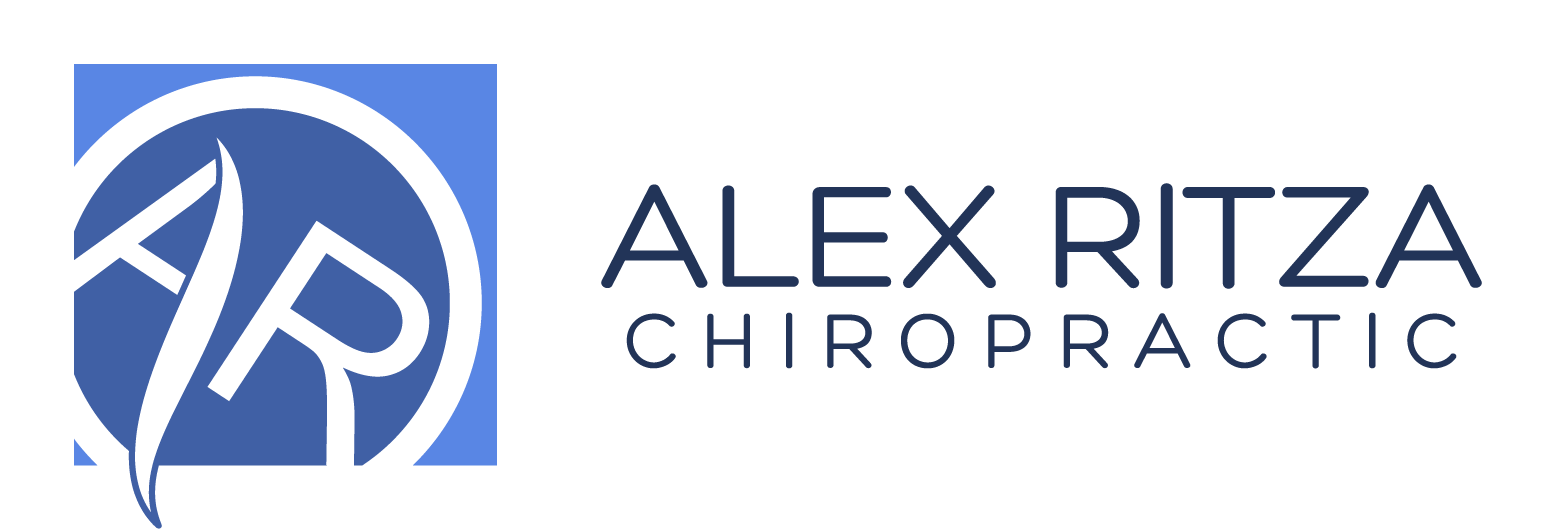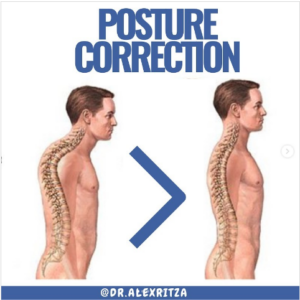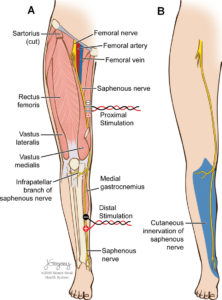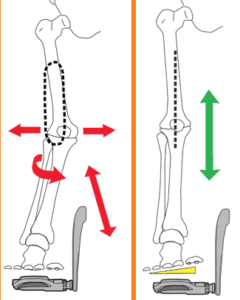Whether you are a professional, parent, or entrepreneur that feels busy and low on time or someone that just would like to have better energy, sleep, immune function and feel better, today we are going to be talking about specific strategies that you can use to get more recovery and rest time that your body requires to be healthy. I will be sharing strategies on how to get better sleep, have better midday energy, wake up each day a little more motivated and other strategies to help you get a good reset
https://dralexritza.com/better-ever-after-podcast/
Because, In these supposedly divided times, if there is one thing that unites us all, it is likely that we all feel really busy. Too much to do and so little time. This is certainly a reality that I see in our chiropractic practice where professions, parents and almost every person we care for feels that they are too busy to find an adequate amount of time to dedicate to their health.
This is society’s norm in the twenty-first century. We are always busy and always “ON” and go go go.
Unfortunately, we rarely take a single moment to be still and rest. For these reasons, you might have noticed that the two most common responses to “how are you?” always seem to be either “I’m busy” or “I am tired”.
The problem is that this is completely accurate! Everyone is working hard and exhausted!
Of course being busy can be a great thing if we are actively pursuing or enjoying something passionately. As well, there are simply times in life that are busier than others and allow for less rest; any parent of a newborn will attest to this.
We give a lot of respect to those that are hard working and if you want to succeed in the gym or in business, it is accepted as a fundamental requirement. I have a good friend that is a corporate lawyer and when he tells me about working 80 hour weeks, which is insane by the way, I secretly admire the hustle that he is just outworking everyone and the last one at the office.
I think that society as a whole encourages this and that I was raised to believe that success meant working harder than the person next to you – I am sure I am not alone – but now I, of course, question the value of this if it requires a health sacrifice.
We discussed in Ep.11 podcast when our inability to rest starts to affect our health and becomes the new norm. We also discussed the value of adopting a mindset that places a high priority on finding time for rest and sleep that ultimately allows for recovery. If you haven’t listened yet I recommend that you go back and listen to get the full value out of today but it isn’t necessary for this to be helpful. The basic premise was the Mindset of Work Hard. Recover Hard, where to maintain positive physical and metaphysical (or cognitive) energy balance you have to balance hard work with an equivalent amount of recovery to sustain and improve your health. The benefits we get from working out actually are the result of adaptations that occur when we rest, sleep and recover after. Recovery, in general, is a fundamental requirement to be healthy.
So if you are really busy with work but you still value your health, how do you keep it all together? It all comes down to having rituals and executing strategies that will give us the best chance to balance and recover from long and intense work hours.
I think that if you are a professional or have a job that demands long hours you are going to get value out of this episode because it is something that I have lived and I can attest to it working.
For about two years earlier in my career I spent about 51 weeks of the year working 55 hours a week in clinical practice with about 5-10 hours additional hour spent on marketing, administrative work, and continuing education. I was splitting time between two offices, starting at 7:30 at one and with a bike ride in between the two, finishing at around 7 at the other – 5 days a week, relatively busy the entire day, which was physically, emotionally and mentally demanding. Looking back it was such a good life experience and kept the student loan police away – but at the time it was utterly exhausting. Come Friday I had almost no energy to do anything but watch a movie on the couch, and every day took a lot of grinding to do the best possible job I could. It felt like every day I had to look myself in the mirror multiple times throughout the day and just say – keep pushing.
As you can imagine – this was not sustainable in the least. The second that I had the chance to change my circumstances so that I could work less and stay on track with professional goals, I did. But out of this experience I learned a lot of the strategies that were essential then for helping me to survive, health and happiness intact, and that I use today as the regular rituals that ensure I get the recovery that my body needs on a regular basis; this is what I would like to share with you today.
The first thing that is the biggest caveat – and a point that might irritate you – is asking yourself where your health sits on your list of values and priorities. Simply put, if you value your health a lot, you are going to put off a lot of other options/activities before you would compromise your health. If you have to make a choice between more sleep and more Netflix, it is a question of values and priorities. There is no right answer, only what is important to you. But with time likely being the most important commodity in your life, how much you value your health will determine the sacrifices you are willing to make to focus more on time spent resting, recovering and keeping yourself motivated to wake up each day.
During my this two year “grind”, I was not able to socialize with friends a much as I would have liked to. I knew and experienced, that if I went out on a weeknight with friends, there was no way I would be as fresh the next day for work, which I highly value. In this example, going out with friends, loves ones and feeling a sense of community is so metaphysically rejuvenation but I found that it cost me big time the next day around two-two-o’clock in the afternoon.
The busier you are, the more likely that you will benefit from planning periods of what I call “planned rest”. These are periods that occur on a daily, weekly and quarterly basis that are solely dedicated to recovering mentally, cognitively and spiritually.
On a daily basis consider how drastically different the stressors we face today are from those we faced centuries ago.
We evolved and are best adapted to a series of sprints. Prior to the industrial revolution, everything like hunting, gathering, nomadic travels, or activities of daily life happened in short bursts of effort separated by extended periods of rest. For instance, our ancestral tribes would venture out to hunt and forage, and would then be afforded to rest as long as the proceeds of a good haul lasted.
Research has demonstrated that previous generations of Homo Sapiens had much more leisure time to rest and recharge with a drastic shift during and after the Agricultural Revolution. This shift forced longer work hours with less leisure and rest time upon us.
We evolved to function best with distinct periods of work and rest that were well defined and separate.
Giving your brain, and yes your body, periods to do nothing through the day will dramatically: naps, meditation, lunch break, a walk outside or some gentle stretching. These are things that MUST be scheduled or else you will simply skip them to be more productive or spend time on your phone. Literally, create time in your schedule that allows for a 15-minute non-negotiable break to give your body and mind a reset. The easiest thing for most people is to add this to their lunch break during the week by ensuring that off your 30-60 minutes off, a chunk of that is dedicated to doing napping, meditating or some gentle movement. I have found that this is much more powerful for boosting midday energy and negates the need for that narcolepsy-preventing-mid-afternoon coffee.
Another key strategy is to create breaks in your schedule on a weekly basis: A day of rest to do nothing and do rejuvenating things whether it is family, exercise, movies, whatever adds a net abundance of energy to your body and mind. Whether it is the whole weekend or just one day, I would recommend a time of at least 24 hours that are removed from work or anything that you find very depleting. Even if you are passionate about work like I am, taking a break will better in the long run.
Taking a scheduled break on a quarterly basis is less about physical recovery and more about metaphysical energy and staying focused on your goals and what is important in the big picture of life. Whether it is a day or goal setting and planning, a vacation or time spent doing something that you are deeply passionate about and recharged by, and maybe rarely get to do, can top up your fuel reserves and remind you why you are working so hard in the first place. The sense of rejuvenation we get from an amazing weekend away or a vacation is different than that of a good sleep: vacation or a quarterly break might not be physically restful but often provides us with a resurgence of energy and effort we can put towards our goals. Not everyone, including myself, has the time or finances to take a quarterly vacation but we can all find a few hours on the weekend to review our goals and indulge in something we are passionate about.
Now let’s talk about glorious sleep! We cannot escape the need to recover from working out bodies and minds hard and with a finite amount of time in each day, a lot of hobbies and time had to be curbed in favour of getting the best sleep possible.
For everyone this is different and you are going to have to figure this out for yourself. Some people function well with six and some need nine hours. I wish I were the former but I guess my body needs a bit more to recover. Changing your mindset to valuing sleeping is one of the best things that you can do in my opinion because it is the basis for getting good sleep in the first place.
One of the things that I encourage most to patients is developing a good sleep routine. I found that this was doubly important when I get home from work at 7:30-8:00 pm and know that I need to go from jacked-up to calm and ready to hit the sack, in order to get my 8 hours by 9:30.
A sound pre-bed routine is the equivalent to a athletes pregame routine – it gives you the best chance to put yourself into the mindset and physical state for the best sleep possible. If you would like a step by step guide on how to build a pre-bed routine then go to the show notes page and download our Reset / Recovery Curriculum E-Book for free and it has everything you need. A premed routine is not a guarantee that you will get a good sleep but puts the odds in your favour.
In this e-book you will also read about how to set up your bedroom so that it is free of electronics and how making it cave like – a little cool and pitch black – can improve the likelihood of a great nights sleep. Ear plugs, a good sleep mask also go along way here, and a good pillow and mattress should go without saying.
But even with the best intentions we are simply not going to wake up ready to crush it every day. During my two year grind, the morning routine that I developed by sourcing from people like Tim Ferriss and Tony Robbins was so instrumental in improving my day-to-day consistency, helping me to get excited for the day ahead and keeping me motivated to work hard each day. I am ashamed to say it but a few times during those years I was a little more crotchety and grumpy with my first patient – failing to give them the best effort I could, and from that shame, my morning routine ensures I likely will never do that again.
Even when you do sleep like the dead, a solid morning routine is going to give you the best possible chance for success each day and help to reset your mind fresh. Again for everyone it is going to be different and in our RESET curriculum I provide mine and guide to developing yours but I think that there are a few essentials
It should transition you to an energized state prepared for the day
It should include some movement to prime your body
It should prime your mind with the values and attitude you want to uphold It should review what tasks are most important to complete
It should include a task you can accomplish during your MPR
It should be enjoyable, repeatable and energizing
It should expose you to lots of light and fresh air
It should be something you eventually cannot live without
It should be about 30-60 minutes and not be rushed
Next week’s podcast is going to be all about a part of my morning routine that I have pieced together from other people and especially about strategies to make sure that the best possible version of you is who walks out the door each day.
But until then, think about implementing a sleep routine and morning routine, work on creating more time for breaks and recovery and get into the mindset that scheduling time to recover is sometimes just as important and scheduling time in the gym.




